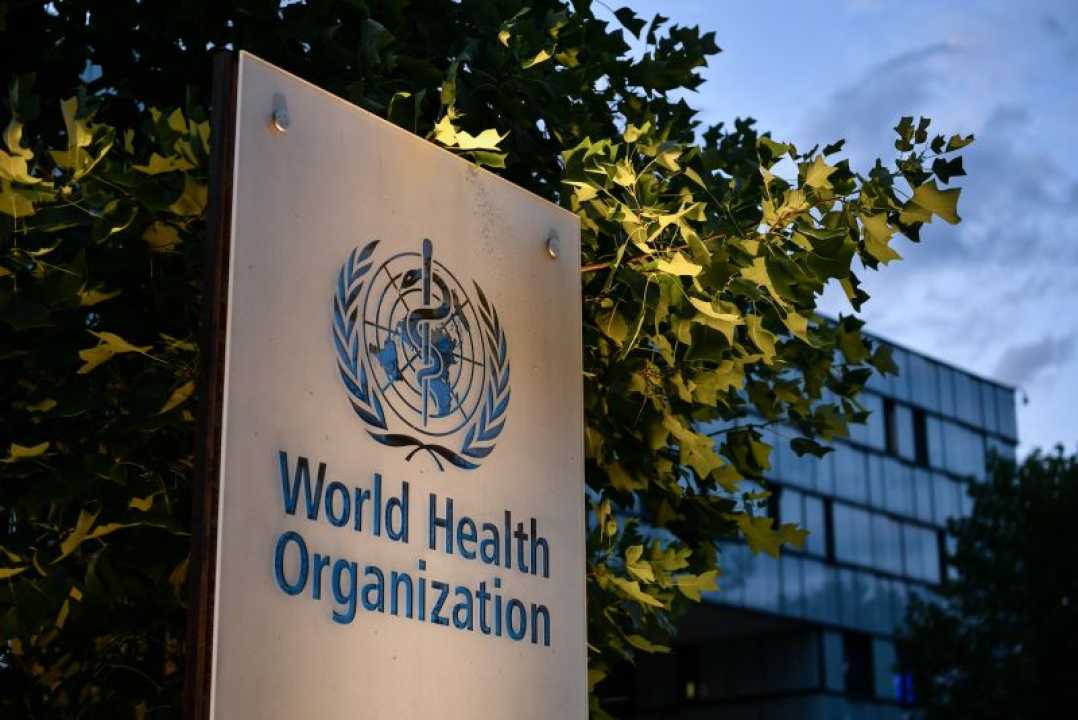Health
Mpox Declared Global Emergency

The World Health Organization has just declared the rising cases of mpox, previously known as monkeypox, a global emergency. This comes as the illness spreads rapidly in Congo and other African countries, causing concern with cases reported among both children and adults.
In a recent announcement, the Africa Centers for Disease Control and Prevention highlighted that the situation has become a public health emergency, with over 500 lives lost already due to the virus. WHO‘s director-general, Tedros Adhanom Ghebreyesus, stressed that the potential for the disease to spread further is alarming.
Reports indicate that this year’s mpox cases have surged significantly, with Congo accounting for over 96% of both cases and deaths. Experts point out that the new strain spreading from Congo has a disturbingly high death rate, estimated between 3 to 4%.
Public health officials are particularly worried about the impact on children. Nearly 70% of mpox cases in Congo involve children under 15 years old, and a staggering 85% of deaths are within this age group. Some heartbreaking stories have emerged, including that of a six-week-old baby who contracted the virus due to hospital overcrowding.
Despite the urgent situation, there are very few vaccines available in Africa. Health authorities are calling for international support, with Congo specifically requesting 4 million doses of the mpox vaccine, aiming to protect children most at risk.
While rich countries managed to control mpox outbreaks with available vaccines and treatments, resources for Africa have remained scarce. There’s hope, however, as some officials suggest that smallpox vaccines, which are related, could potentially help curb the spread of mpox.
The WHO is mobilizing to assist affected countries with diagnostics and vaccination efforts, with plans to allocate an initial $15 million for focused response activities. They are also looking for manufacturers to produce more vaccines to enhance accessibility in lower-income regions.












